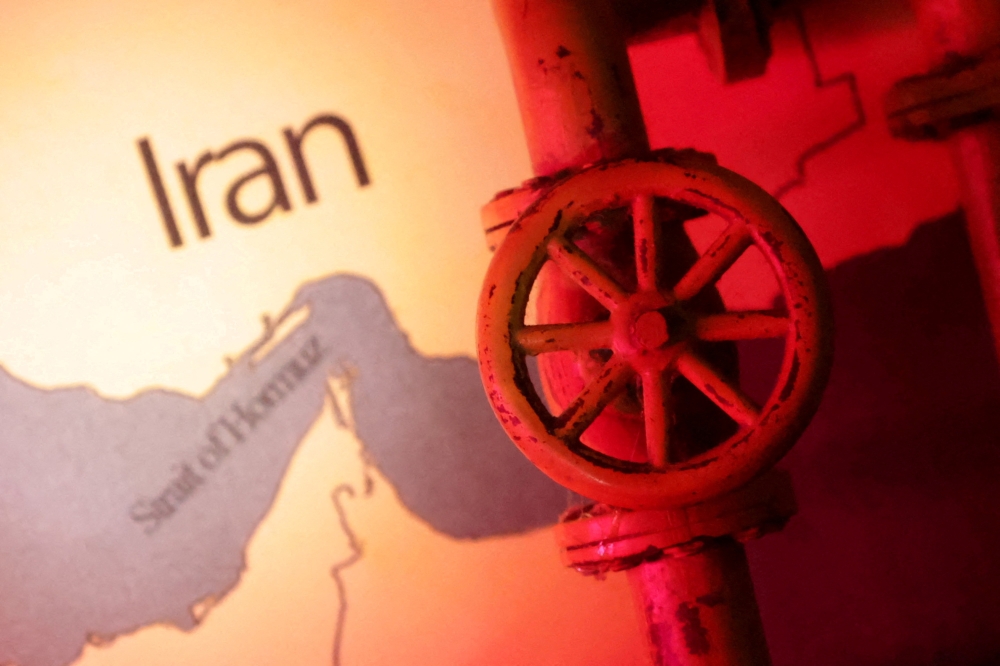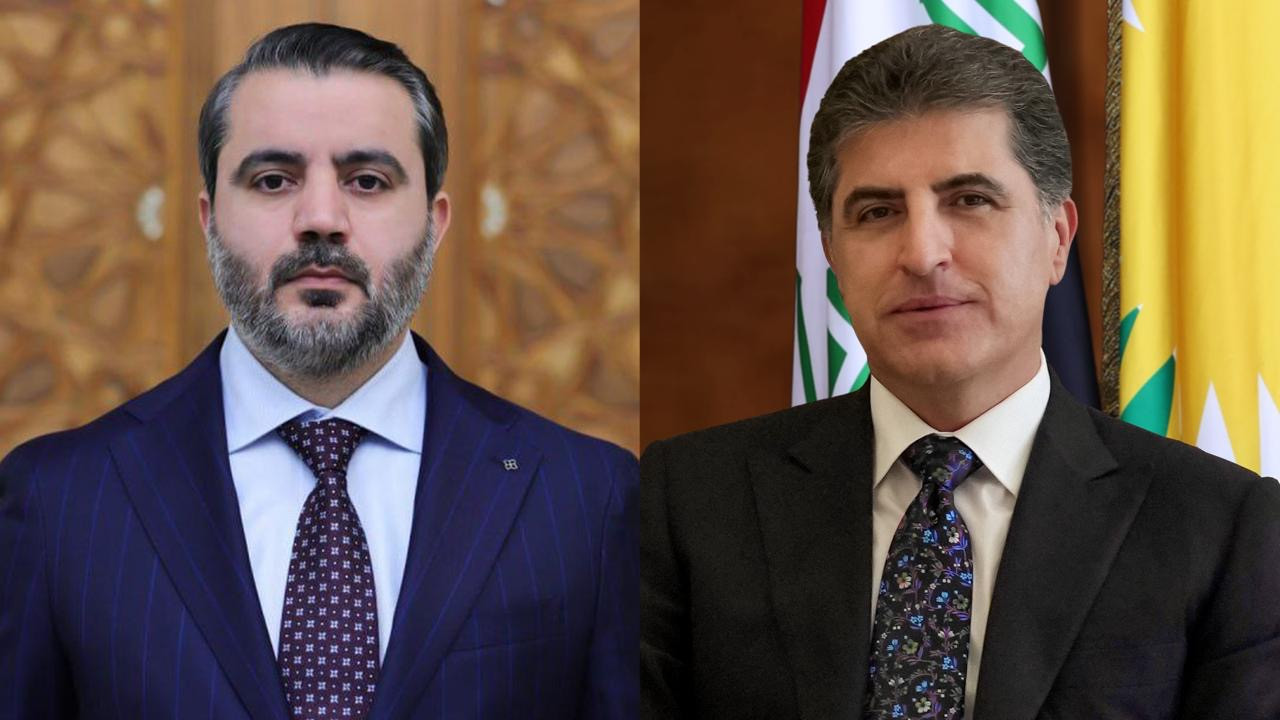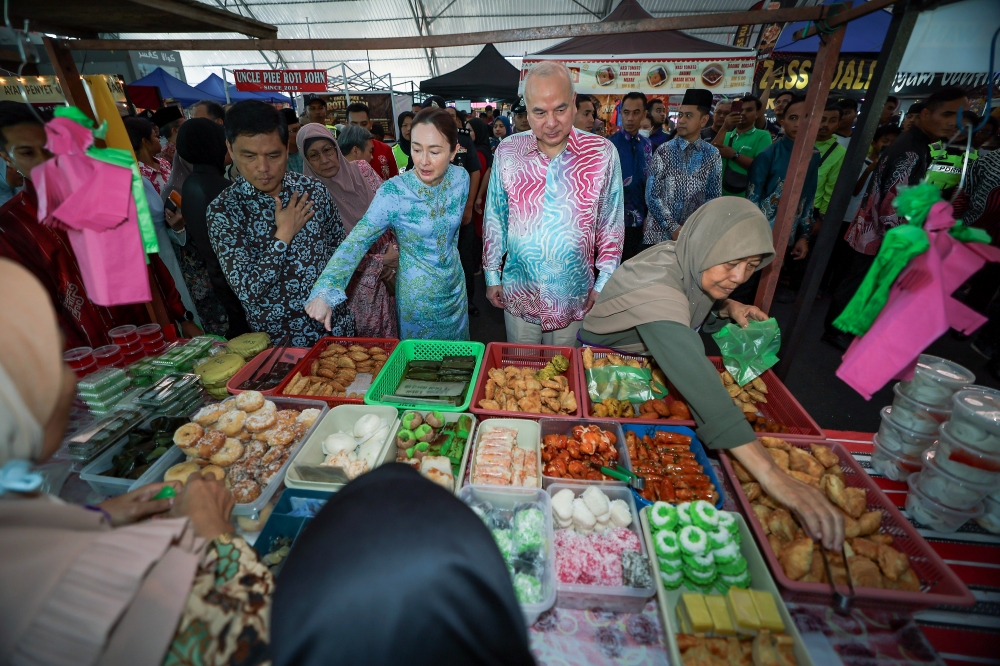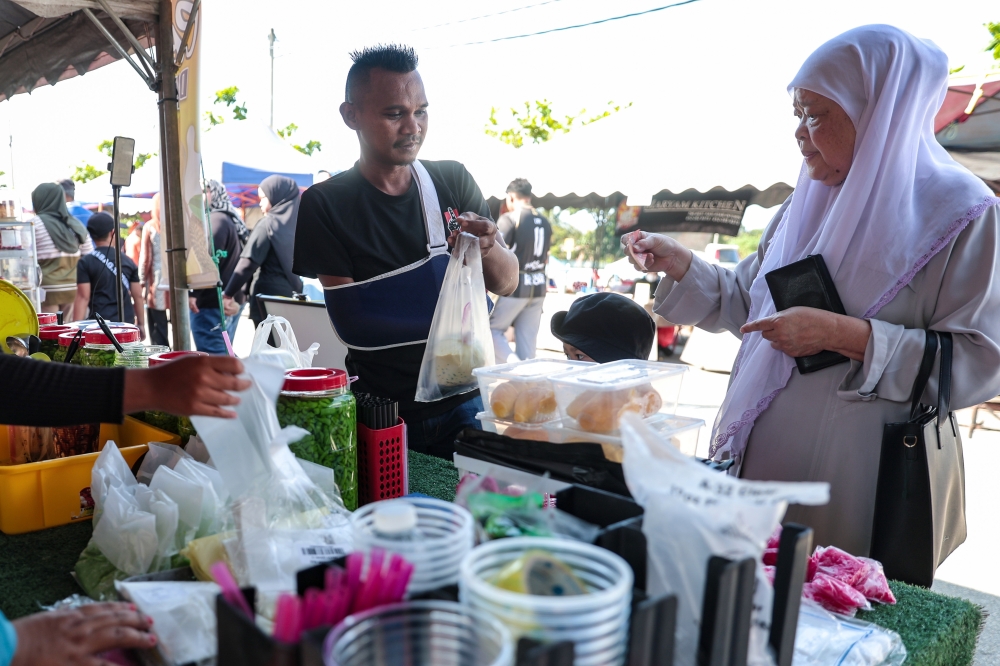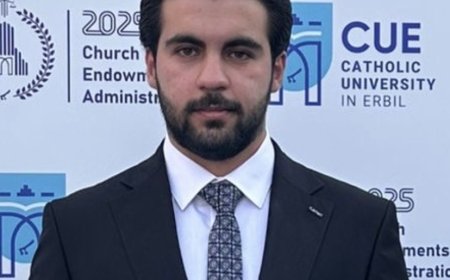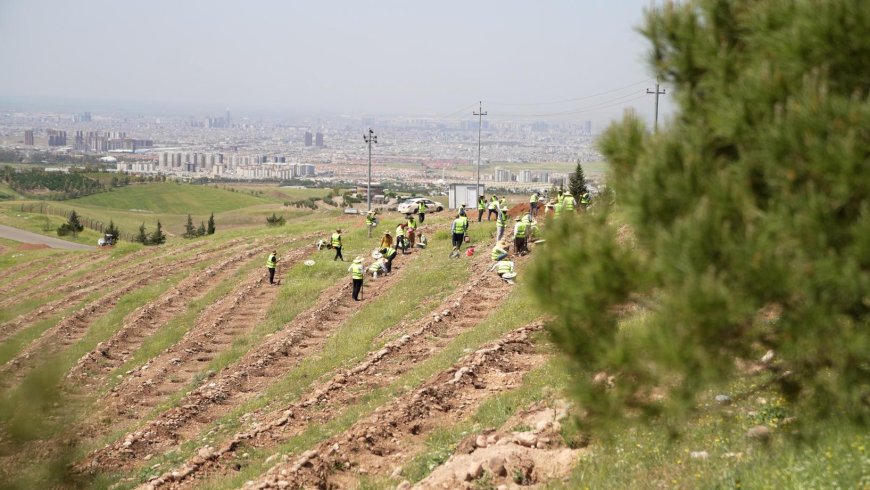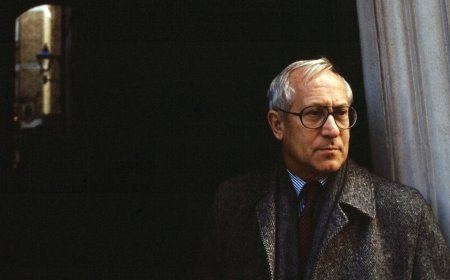Rwanga Foundation brings hope to all
Michael EJ Phillips / Lecturer in the Department of French at Salahaddin University
The environment is something that matters to everyone, particularly in the Middle East. Two primary concerns exist in this respect for most people living in this part of the world: water security and scarcity, as well as the ever increasing frequency of dust storms. This is especially the case for Iraq, which depends for its water supply on rivers that flow into it from both Türkiye and Iran.
The weather of Iraq is generally influenced by patterns in the northwestern Mediterranean, with Erbil – capital of the Kurdistan Region – being on the corridor for dust storms making their way through Iraq. This means that it is particularly susceptible to the damage they cause. With 41% of Iraq now officially classed by its environment ministry as desert, climate change alongside massively decreased rainfall in recent years means the situation is but exacerbated. The country has recorded an average of 272 dusty days per year over the last twenty years, with this predicted to increase to 300 by 2050 if no action is taken.
Planting trees is a simple yet effective way to mitigate against the effects of both water scarcity and dust storms.
The Rwanga Foundation, being the vision of its founder Idris Nechirvan Barzani, recognises this only too well. A recent initiative of his has been to plant 20,000 Spanish olive saplings. This was undertaken in partnership with the Deutsche Gesellschaft für Internationale Zusammenarbeit (GIZ – German Society for International Cooperation) and the project was completed in May 2025. The project was implemented in two tranches – 11,000 trees planted in the first phase and 9,000 in the second.
Olive trees were specifically chosen because it means that both olives and olive oil can be produced, providing a valuable benefit to the economy as well as providing job opportunities for local people in the Dilopa-Kasnazan area of Erbil. During the planting stage, for example, the Rwanga Foundation was able to provide work for 255 young people – another focus of Idris Nechirvan Barzani’s vision and philanthropic work.
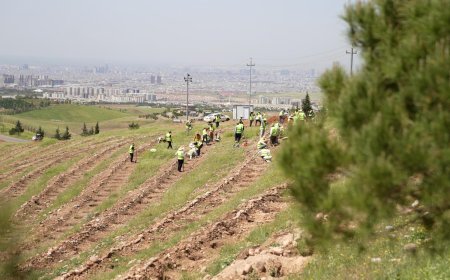
Young people planting olive trees for the initiative
The Rwanga Foundation, under Idris Nechirvan Barzani, has been at the forefront of both humanitarian acts and the promotion of shared responsibility in society for well over a decade. Over the last ten years, according to Rwanga, there have been nearly 500 humanitarian and other projects assisting beneficiaries into the millions, testament to the importance of the work carried out by them.
Since its establishment, the Foundation has played a leading role in social development, initially focusing on education before expanding into economic empowerment, environmental sustainability, and humanitarian assistance. Over the years, its varied initiatives have reached millions, including refugees, displaced individuals, and underserved communities.
Through its strategic approach to philanthropy, Rwanga continues to adapt and expand its projects to meet the needs of the communities it serves. Whether by providing educational resources or supporting economic opportunities, the Foundation remains dedicated to improving quality of life across the Kurdistan Region and further afield.
Beyond humanitarian aid and educational support in its various forms, Rwanga also views sustainability initiatives as key, actively working on climate change solutions and resource conservation projects. Environmental projects are a key part of its mission, including the planting of trees such as the project mentioned above in the Dilopa-Kasnazan area of Erbil. Such initiatives are not about a short-term sticking-plaster approach, but rather something that will have lasting impact over the longer term. This is very much at the heart of what Idris Nechirvan Barzani believes and works for.

